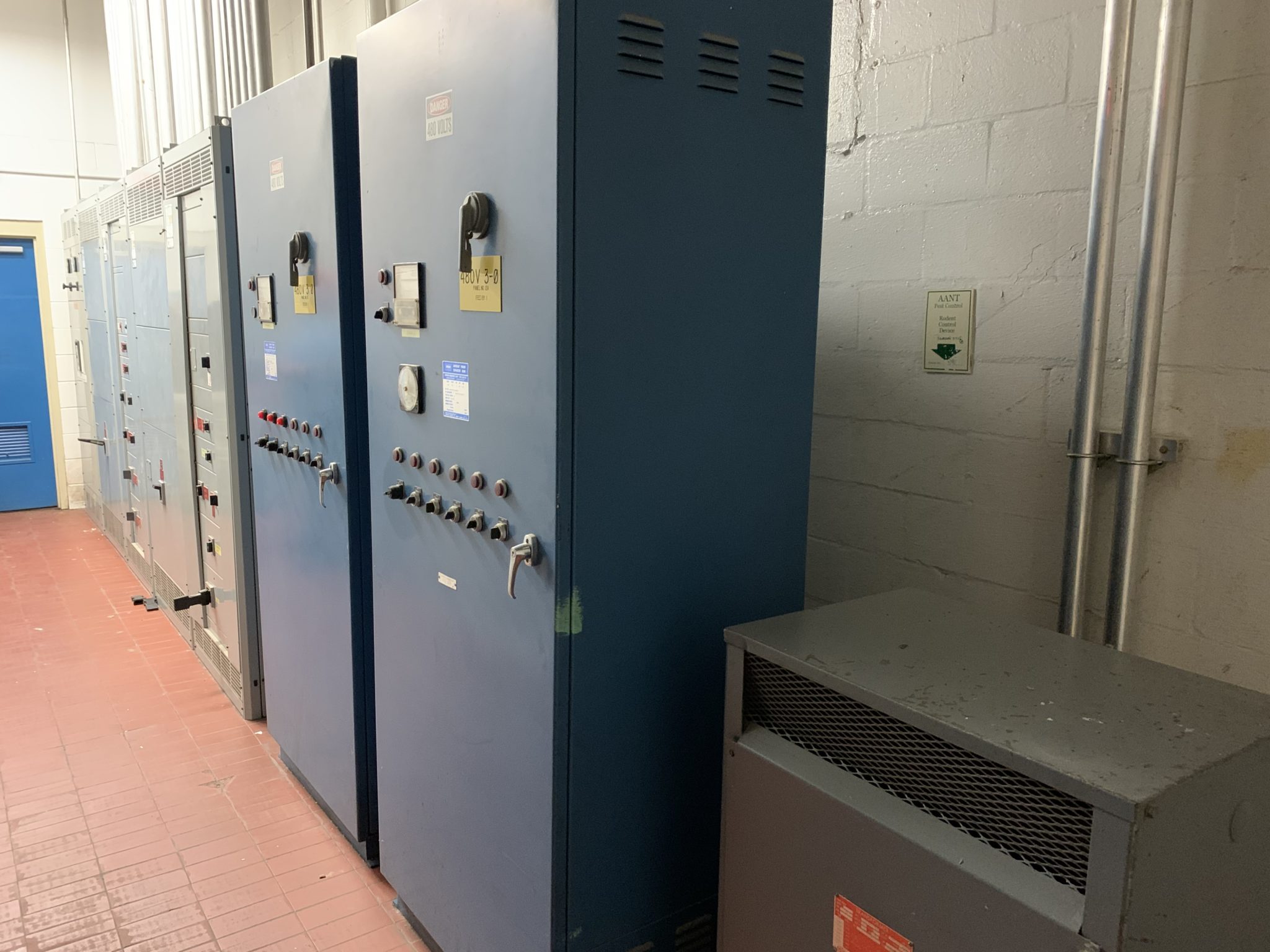Power systems and power quality (PQ) engineering studies provide the capability to evaluate utility and customer system problems and mitigation techniques, distribution system planning and operations, distributed generation, energy conservation, energy conversion, and end-user power quality requirements. Our power system modeling and analysis capabilities provide the foundation for all other activities within this core area of PBE’s expertise. Primary activities include computer modeling and simulation and analysis for the evaluation of power systems harmonic and transient phenomena. Additional expertise includes traditional power system analysis functions, such as distribution planning, stability, short circuit, and load flow. Important capabilities include:

PBE uses computer modeling and simulations to analyze potential problems at the utility/customer interface and points internal to plant electrical systems. Analysis results include recommendations for optimum solutions to power quality problems. Analysis of various methods and solutions are determined based on economic, control, and technical considerations. Specifications are determined for required equipment, including power conditioning equipment, power mitigation equipment, custom power systems and equipment, harmonic filters, switching devices, current limiting reactors, surge arresters, and customer surge control devices (e.g. MOVs, TVSSs).
Studies include:
PBE uses industry-recognized computer-based modeling and simulation tools to perform these studies, including the Electromagnetic Transients Program: Revised Version (EMTP-RV) and PSCAD® power system simulation, transient analysis programs and other software used in power system and power quality analysis. PBE has also developed utility distribution system modeling tools both for internal use and on a contract basis for major utility research organizations and other organizations. PBE developed the first Microsoft Windows-based EMTP platform including new simulation algorithms.
Want to learn more about PQ & keep up with new PQ problems facing customer facilities, plus much more? Subscribe to one of PBE Engineers’ newsletters that’s free!